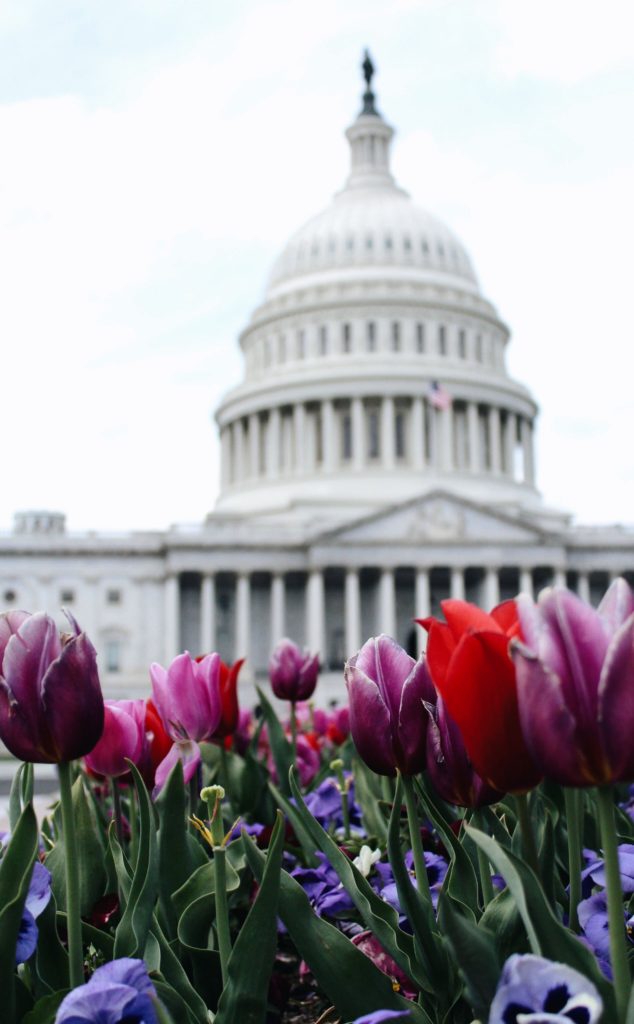
The Wall Street Journal reports tonight that the Senate remains poised to pass the bipartisan infrastructure funding bill before the end of this week, notwithstanding an cautious Congressional Budget Report issued this afternoon.
From the Delta variant front
- The Journal also informs us that “Covid-19 vaccination rates are ticking upward across the U.S., federal officials said, particularly in areas where the Delta variant is hitting hardest. Worries about the virus, growing confidence in the safety of vaccines and the influence of family and friends are all likely contributing to the increase in vaccine uptake, health authorities and residents say. More employers are also starting to institute vaccine mandates. The U.S. has administered more than 864,000 doses of Covid-19 vaccines in the past 24 hours, including 585,000 first shots, White House Covid-19 Response Coordinator Jeff Zients said Thursday during a media briefing. “Clearly, Americans are seeing the impact of being unvaccinated and unprotected,” said Mr. Zients.”
- The New York Times tells us that “The powerful protection offered by Moderna’s Covid vaccine does not wane in the first six months after the second dose, according to a statement released by the company on Thursday morning in advance of its earnings call. But during the call, Moderna executives said they anticipated that boosters would be necessary this fall to contend with the Delta variant, which became common in the United States after the results were collected.
- In that regard, according to the Journal, “The Food and Drug Administration expects to have a strategy on Covid-19 vaccine boosters by early September that would lay out when and which vaccinated individuals should get the follow-up shots, according to people familiar with discussions within the agency.”
On the No Surprises Act front, advocates are writing to the trig-agencies who are shaping the independent dispute resolution regulation for that law which is due on October 1. Fierce Healthcare reports that “A major hospital group is imploring the Biden administration to not tilt a dispute resolution process for handling surprise medical bills in favor of insurers. The Federation of American Hospitals (FAH) wrote to three cabinet members Thursday outlining its requests for an independent dispute resolution (IDR) to fairly resolve payment disputes for out-of-network charges. Congress called for the independent arbitration process in a law passed late last year that bans surprise medical bills.” Among other things FAH wants the tri-agencies to extend the dispute resolution deadlines set in the law. Also
FAH also wants more flexibility for batching medical claims together related to the treatment of a similar condition.“The statutory reference to ‘treatment of a similar condition’ should be broadly construed to allow batching of a wide range of clinical scenarios and payment methodologies,” FAH said. “The statutory language does not indicate that Congress intends to restrict bundling based on the diagnosis code or similar distinctions.”
The FEHBlog does not see an issue with batching emergency care but batching non-emergency care can only lead to confusion because the plan needs to know that the care was related to a confinement at an inpatient facility.
From the second quarter financial results front, Healthcare Dive reports
- Cigna executives said Thursday that COVID-19-related costs were higher than expected in the second quarter, as was the amount of care not directly related to the virus as patients returned for services.
- Still, the payer reported a 10% year-over-year increase in revenue to $43.1 billion, beating Wall Street expectations. The growth was driven primarily by its health services segment, Evernorth, which CEO David Cordani said was “clearly a standout” on a Thursday morning call with investors.
- Use of behavioral health services among customers was up 40% in the quarter. Executives said on the call that they viewed this as a growth opportunity going forward as well, particularly for virtual visits considering Cigna’s acquisition of MDLive in February.
In miscellaneous news
- Health Payer Intelligence interviews Angie Meoli, senior vice president of network strategy and provider experience at Aetna, about how the pandemic has impacted the value based care movement.
- The federal government’s Get Smart about Drugs” site offers guidance on using over the counter medications safely.
- Allysia Finley, a Wall Street Journal columnists, calls attention to growing evidence that that “inoculation confers significant protective benefits” beyond the targeted illness. “Growing evidence indicates that seniors who get vaccinated against illnesses such as tetanus and even the flu are much less likely to develop Alzheimer’s, the leading cause of dementia, characterized by a buildup of amyloid plaque and tau tangles in the brain. Scientists don’t completely understand why, but many hypothesize that vaccines generate a systemic immune response that can reduce inflammation in the brain, which results in neuron loss and cognitive decline.”
